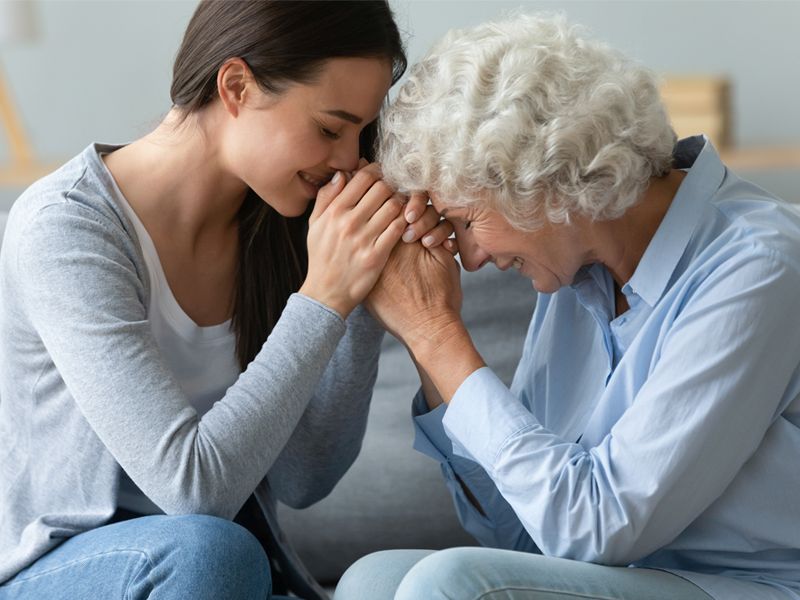It’s been a year. We’ve all had terrible things to face. It might be financial distress as our industry shuts down because of the pandemic. It might be the loss of a loved one to COVID-19. The missed holidays. The take-no-prisoners politics. The social isolation. The uncertainty.
You might roll your eyes as I make a pitch for gratitude in the face of all this pain. But hear me out: The science shows that gratitude—just a little bit, just focusing on one small, good thing—makes you healthier and makes life better.
I’m not talking about saccharine gratitude that ignores life’s difficulty. We need to face the bad stuff. For instance, this study found that pondering death’s reality makes people more grateful and thus happier.
Gratitude is tied to other emotions that connect humans. And it might be argued that the ability to connect and cooperate has been key to humanity’s success.
Myriad studies have shown that gratitude lowers stress, reduces pain, and improves our immune system, heart function, and blood pressure.
For this episode of High Noon, I wanted to share a story of gratitude in action: I talked to a college friend, Heather Millar, and a college student Nour Mary Aissaoui.
Heather and her husband operated an AirBnB business out of their home. The pandemic made their business illegal, and they struggled with a drastic drop in income. But they had these extra rooms that weren’t being used. Through our university’s alumni association, Heather offered the rooms to students who might be stranded because of the pandemic.
In June, Heather got a phone call from Nour, who could not get home to Algeria because of the shutdown. Nour came to stay for a couple of weeks. As the pandemic raged on and flights to Algeria remained non-existent, Nour ended up staying with Heather and her family for the entire summer.
Nour is 20 and has dual American and Algerian citizenship. She came to the Bay Area at 15 to further her education. She always looks forward to going home to her family for the summers. But that didn’t happen this year. By the time she can travel to see her parents and siblings in Algiers, she will have been gone almost two years.
But Heather’s family and Nour bonded. Heather’s daughter and Nour are the same age. They cooked and gardened and talked. Over the course of three months, they formed a new family of sorts.
That doesn’t negate the bad things—the lost business, the distance learning, and homesickness—but it is a cause for gratitude. Both Heather’s family and Nour are grateful that the pandemic brought them together. That doesn’t take away the pain of this year. But it is a good thing. It’s a thing to hold up. It’s a thing that makes all the awful events of this last year just a bit better.
Yes, it’s been a year. But every cloud has a bit of light behind it.
Tune In Saturdays at Noon (PST) for High Noon with Dr Liz + Friends
Check Out Our Upcoming Workshops
Telehealth: One-To-One Education

Elizabeth (Dr Liz) has over twenty years of experience in providing medical care to the elders. She is board-certified in Internal Medicine, Geriatric Medicine and Palliative Care Medicine. Dr Landsverk founded ElderConsult Geriatric Medicine, a house calls practice, to address the challenging medical and behavioral issues often facing older patients and their families.

